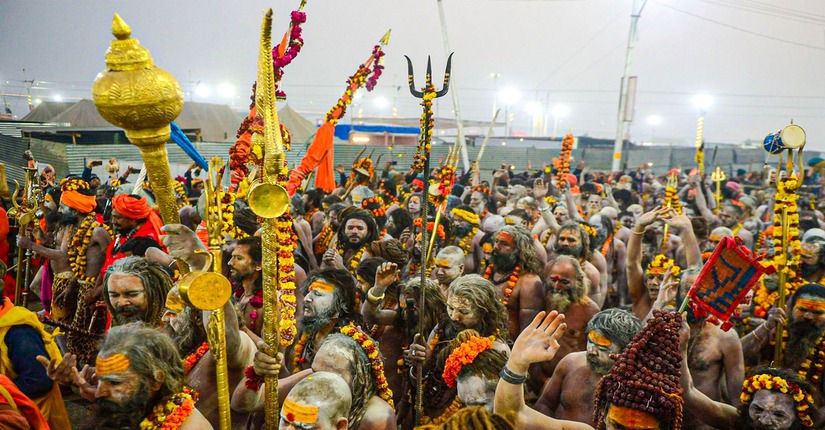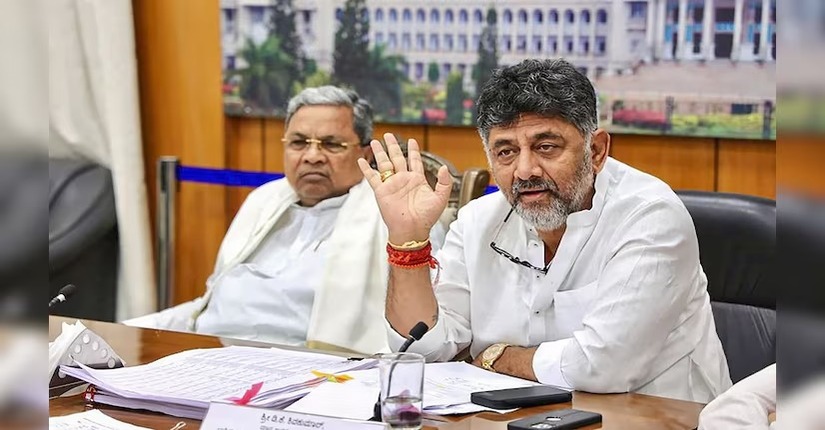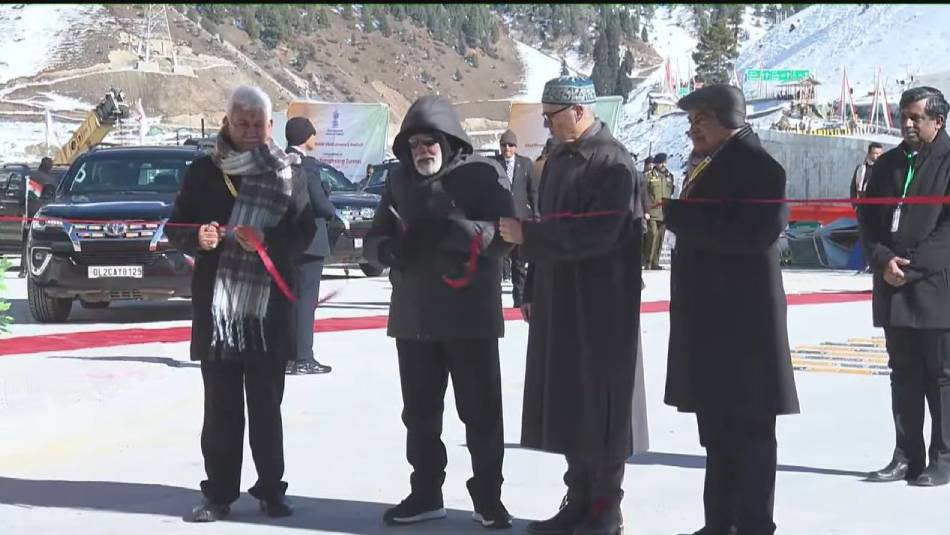The rape and murder of a medical student at RG Kar Medical College in Kolkata shocked the nation. It raised concerns not only about the crime but also the mishandling of the case. The Supreme Court of India has now stepped in, expressing dissatisfaction with several aspects of the investigation. Missing documents and delays in the police report have caused alarm. The highest court has now directed the Central Bureau of Investigation (CBI) to look into these issues.
The Supreme Court’s Findings
On Monday, the Supreme Court voiced serious concerns about the investigation. The court pointed out that a key document, needed for the postmortem, was missing. This document, called the ‘challan’, records the transfer of the body for the postmortem. The absence of this document raised doubts about the integrity of the investigation. The court directed the CBI to investigate the matter thoroughly.
The CBI’s involvement is crucial for ensuring a transparent investigation. The court’s intervention highlights the lack of transparency in the case, making it clear that the handling of evidence must be flawless.
The Missing Challan
Chief Justice DY Chandrachud, along with Justices JB Pardiwala and Manoj Misra, questioned the absence of the challan. The court asked the CBI and West Bengal government to provide answers. Solicitor General Tushar Mehta confirmed that the challan was missing from the CBI’s records. Senior advocate Kapil Sibal, representing West Bengal, could not immediately find the document. He promised to provide an update soon.
The missing challan raises serious questions about the case’s handling. Postmortem documents are vital for both the investigation and the legal process. Without them, it could be difficult to proceed with the case in court.
Delay in FIR Registration
The court also raised concerns about the delay in registering the First Information Report (FIR). Kolkata Police reportedly took at least 14 hours to register the FIR. This delay is troubling, as it can hinder the investigation. Delayed FIRs can lead to the loss of evidence and make it harder to find witnesses.
The delay points to a lack of urgency from local law enforcement. The Supreme Court has instructed the CBI to investigate the cause of the delay and submit a new report. This further stresses the need for efficiency and accountability in handling serious crimes.
CM Mamata Banerjee’s Statement
In response to accusations about offering money to the victim’s family, West Bengal’s Chief Minister Mamata Banerjee made a public statement. She denied offering any financial compensation. Mamata explained that the family was told they could contribute to charity in their daughter’s memory if they wished. She insisted that no money was offered, and anyone claiming otherwise would need to prove it.
Her comments added a political dimension to the case. There have been ongoing claims about the interactions between the state government and the victim’s family. Mamata’s statement sought to clarify the government’s position but raised more questions in the public’s eye.
Protests and the Role of Medical Professionals
Resident doctors in West Bengal have also protested, demanding justice for their fellow student. Their protests reflect the deep emotional impact the crime has had on the medical community. They rallied for a fair investigation and accountability from the authorities.
The Supreme Court intervened, urging the doctors to return to work by 5 pm the next day. The court assured them that no action would be taken against them upon resumption. While the protests are understandable, they have complicated the situation. The court’s decision aimed to restore order in the healthcare system, while still acknowledging the doctors’ concerns.
Protecting the Victim’s Privacy
Another crucial issue raised by the Supreme Court is the need to protect the victim’s dignity. The court ordered the immediate removal of the victim’s photos from social media platforms. This move emphasizes the importance of respecting the privacy of the deceased. The public’s access to such sensitive content often disregards the victim’s dignity and emotional toll on the family.
By issuing this directive, the court reminded everyone of their ethical responsibility, especially in cases as sensitive as this one. Protecting the victim’s privacy is essential to ensuring that justice is served without further exploitation of their tragedy.
Moving Forward: The Need for Accountability
The Supreme Court’s intervention has brought much-needed attention to the case’s mishandling. The CBI now has a critical role in ensuring that the investigation is thorough and transparent. The public is keenly watching to see if the authorities take swift and accountable actions.
At the heart of this case is a young woman whose life was tragically taken. The Supreme Court’s involvement is crucial in ensuring that her death does not go unnoticed. Justice must prevail, and those responsible must be held accountable for their actions.
This case also serves as a stark reminder of the challenges in India’s law enforcement and legal systems. The delays, missing documents, and mishandling of evidence make it clear that improvements are needed. It is vital that the authorities respond to this case with transparency and efficiency, sending a strong message that such crimes will not be tolerated.
In conclusion, the Kolkata Rape-Murder Case remains a turning point for India’s justice system. The investigation, now under the supervision of the CBI, will determine whether justice can be served. The public’s trust in the legal process hinges on how effectively the authorities address the issues raised by the Supreme Court. Only time will tell if this case sets a precedent for better handling of such crimes in the future.




